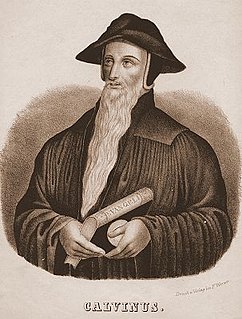| Look up hermeneutics in Wiktionary, the free dictionary. |
Hermeneutics is a theory of text interpretation.
Hermeneutics may also refer to:
- The hermeneutic circle, the process of understanding a text hermeneutically
- Biblical hermeneutics, the study of the principles of interpretation of the Bible
- Environmental hermeneutics, applies the techniques and resources of hermeneutics to environmental issues
- Biological Hermeneutics, the transdisciplinary study of written and printed media using artistic and scientific methods to trace the biological history of the document.
- Philosophical hermeneutics, a theory of knowledge initiated by Martin Heidegger
- Quranic hermeneutics, study of theories of the interpretation and understanding of the Qur'an, the Muslim holy book
- Talmudic hermeneutics, the rules and methods for investigating the meaning of the Jewish scriptures
- Theological hermeneutics, the application of hermeneutics to theological texts
- Vedic hermeneutics ( Mīmāṃsā ), the exegesis of the Vedas, the earliest holy texts of Hinduism
- Hermeneutic style, an elaborate style of Latin in early medieval Europe
The hermeneutic circle describes the process of understanding a text hermeneutically. It refers to the idea that one's understanding of the text as a whole is established by reference to the individual parts and one's understanding of each individual part by reference to the whole. Neither the whole text nor any individual part can be understood without reference to one another, and hence, it is a circle. However, this circular character of interpretation does not make it impossible to interpret a text; rather, it stresses that the meaning of a text must be found within its cultural, historical, and literary context.

Biblical hermeneutics is the study of the principles of interpretation concerning the books of the Bible. It is part of the broader field of hermeneutics which involves the study of principles of interpretation for all forms of communication, nonverbal and verbal.
Environmental hermeneutics is a term for a wide range of scholarship that applies the techniques and resources of the philosophical field of hermeneutics to environmental issues. That is to say it addresses issues of interpretation as they relate to nature and environmental issues broadly conceived to include wilderness, ecosystems, landscapes, ecology, the built environment (architecture), life, embodiment, and more. Work in environmental philosophy, ecocriticism, environmental theology, ecotheology, and similar disciplines may overlap the field of environmental hermeneutics.
In the public sphere, much of the focus on “the environment” is concerned with discovering scientific facts and then reporting how policy can act on these facts. On its face, philosophical hermeneutics might appear to be an unrelated enterprise. But... even the facts of the sciences are given meaning by how humans interpret them. Of course this does not mean that there are no facts, or that all facts must come from scientific discourse. Rather... [it calls] for mediation—the mediation that grounds the interpretive task of connecting fact and meaning through a number of different structures and forms. (Clingerman, et al. 2013, emphasis added)





